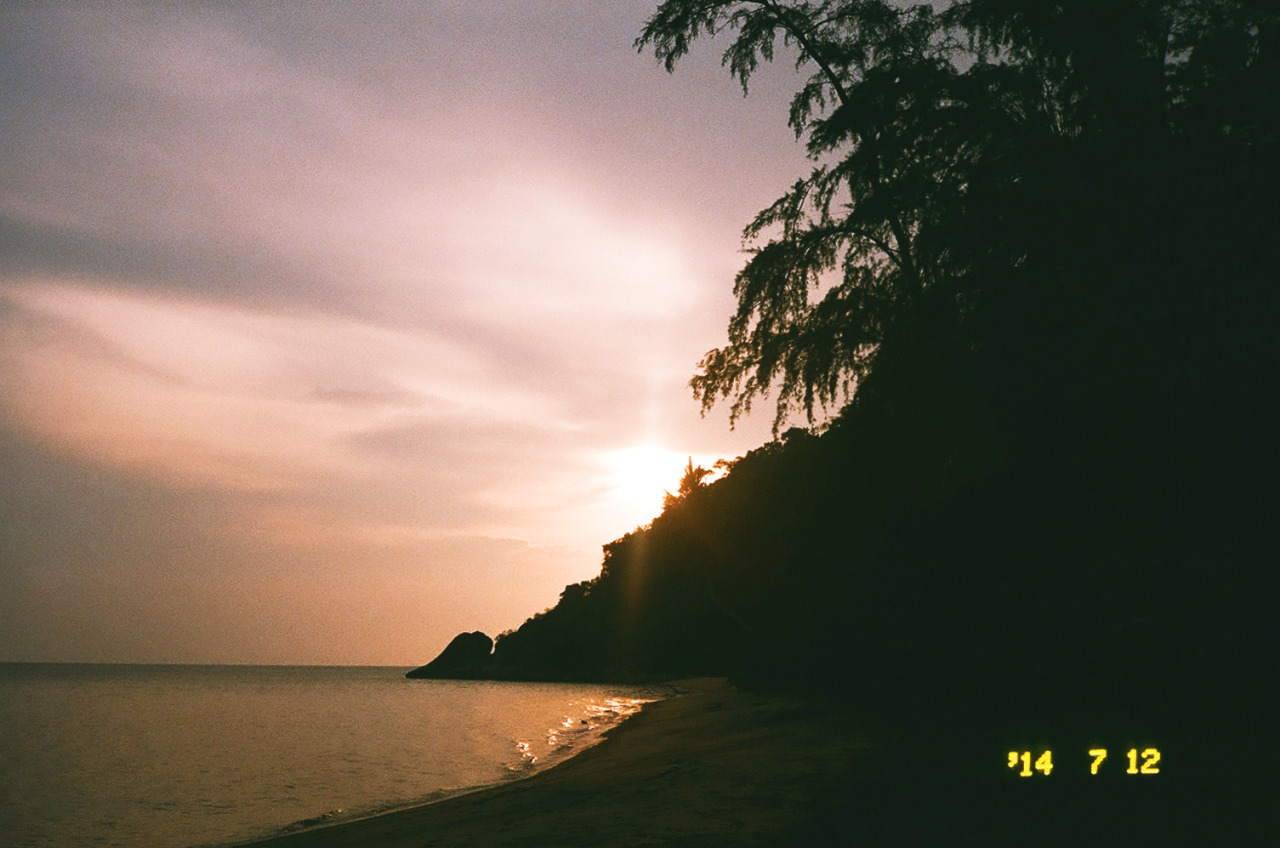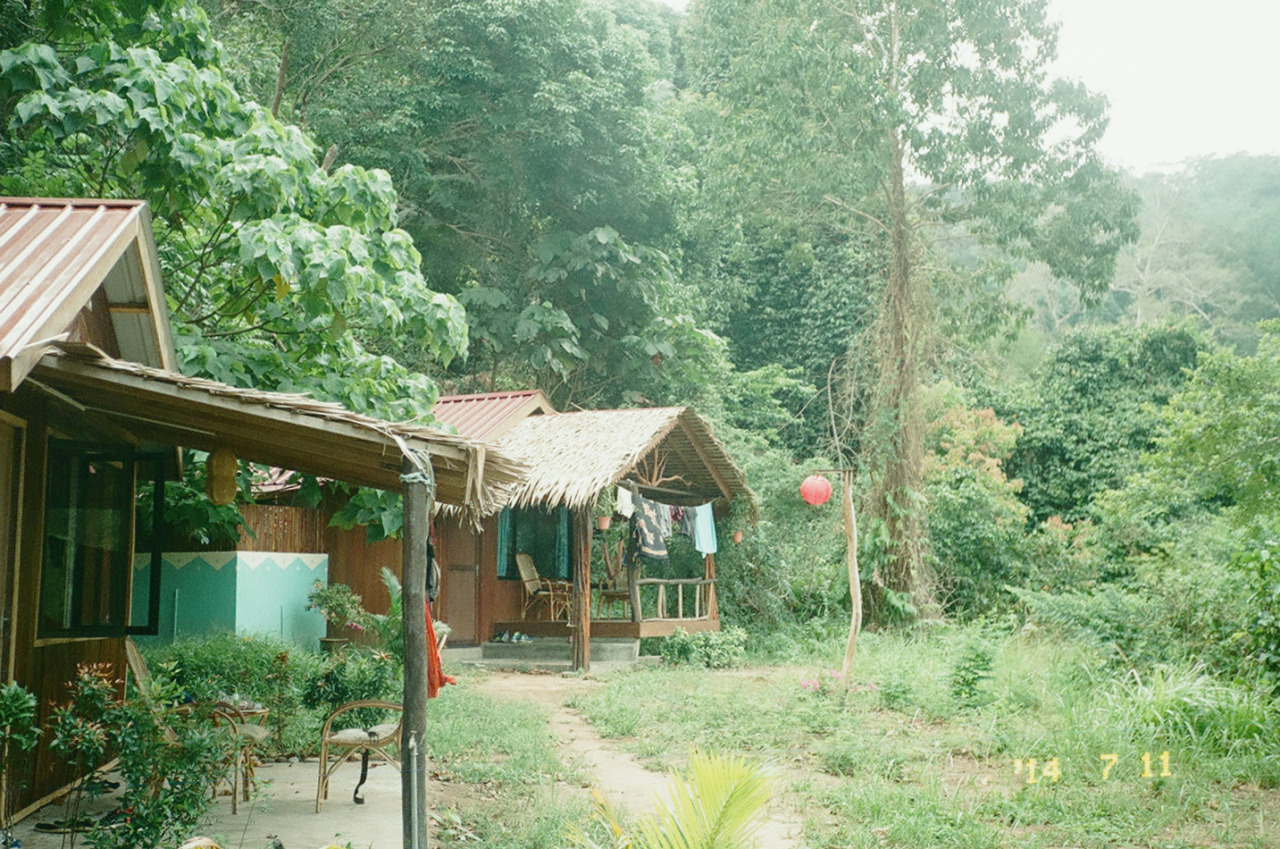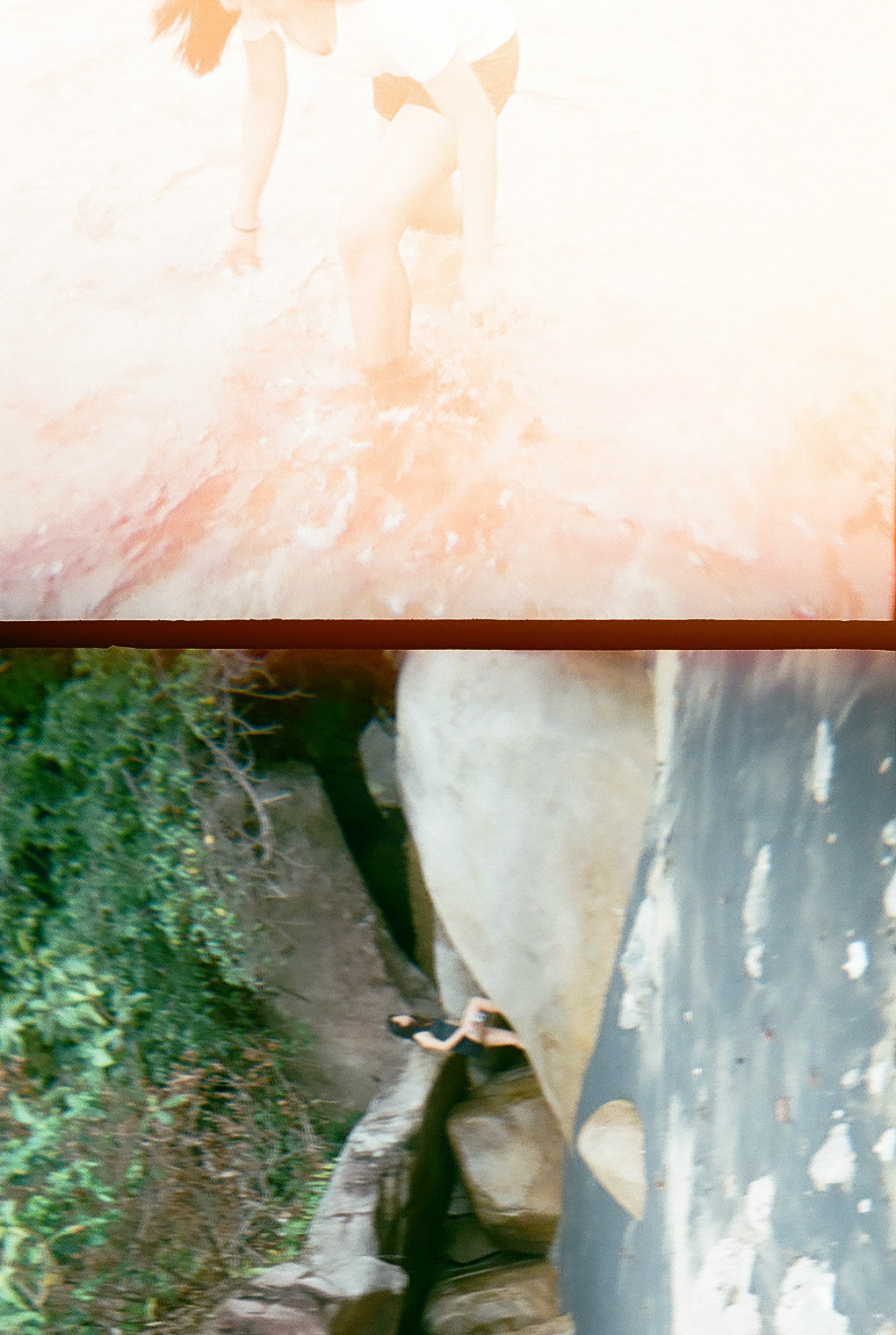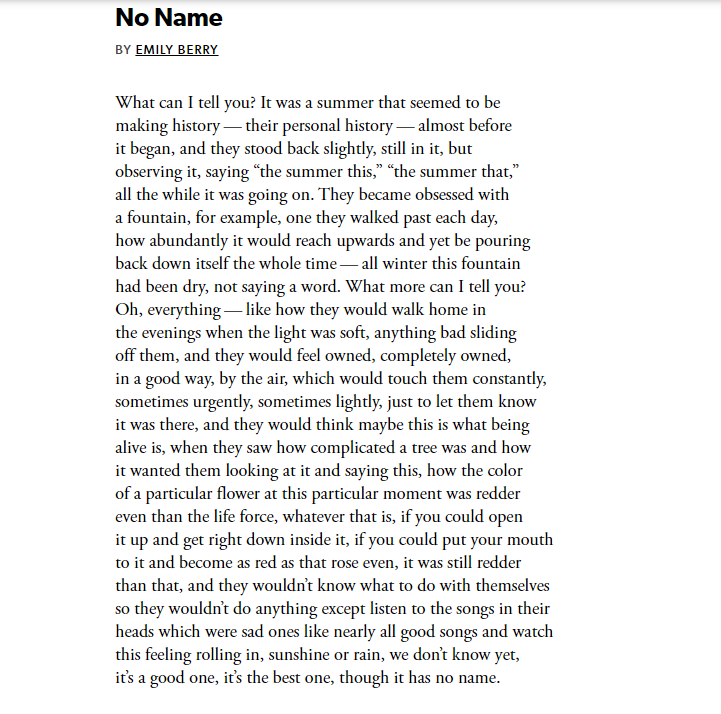magical Odeons of my youth

Sunset from a beach on Tioman Island in 2014
Hello from day ten of quarantine,
I’m holed up in a ground floor shophouse apartment in Paya Lebar, which has, among other gifts, an air well with exactly enough space for a single yoga mat. When I do shavasana, I look up at my little rectangle of night sky and imagine that I’ve been kidnapped. Reading Orwell in quarantine seems like a funny gag until you get to part where Winston gets captured. Hah. Thank god for the rain and for my family’s love and for the alchemy (!) of the telephone. I dare you to tell me anything more relaxing than moisturizing my cracked kneecaps with a friend on the other line.
It’s been hard to reflect on Seoul because of my weird overnight schedule, but in sum, it was great, marvelous, what the doctor ordered. I became alone exactly when I knew how to be.
Zadie Smith has an essay, “Joy,” where she distinguishes between pleasure, which is corporeal and material, and joy, which is sublime. She categorizes child-rearing as joyful – “that strange admixture of terror, pain, and delight” – rather than pleasurable. And she notes that there is often a…
“…great struggle that tends to precede joy, and the feeling—once one is ‘in’ joy—that the experiencing subject has somehow ‘entered’ the emotion, and disappeared. I ‘have’ pleasure, it is a feeling I want to experience and own. A beach holiday is a pleasure. A new dress is a pleasure. But on that dance floor I was joy, or some small piece of joy, with all these other hundreds of people who were also a part of joy.”
Toward the end of my stint in Seoul, I spent three days in Jeju. I had done other weekend trips by train, but this time I rented a car. It rained, which made it foggy and dramatic to drive through the mountain roads, and extra sweet when it got dry enough for me to roll down the windows. Sometimes on the horizon, there’d be a break in the clouds for the sun to enter and I’d turn to all my things on the passenger seat (my faithful companions!) and laugh out loud.
On Saturday, I went to a beach northeast of the island. I had been dreaming of swimming in the ocean ever since I read “The Sea, The Sea” by Iris Murdoch, which follows a pompous theatre director as he retires from London to a seaside town, trailed by the ghosts of his rich life. The protagonist Charles Arrowby spends so much time swimming in the open sea, which seems each time to restore him or make him new. When I waded into the water, it was drizzling and cold, but swimming got me warmed up quickly. Once I was far away enough from the sounds of splashing, it was quiet. I had the feeling then of being singular. Atomized? Joyously, joyously alone.
I dunked my head under water. Entered the emotion and disappeared.
In Moonlight, when Juan holds Little up in the Miami sea and says, “you’re in the middle of the world, man.” And in “The Sea,” when Murdoch writes that “time, like the sea, unties all knots.”
I guess I was moved by this stage of our growing up, where we finally seem to be leaving some of the past behind and standing up on our own. The line from shore is getting taut and thin, more meaningful than before. In July, on my last night out in DC, my friends on their way out of the Uber squeezed my hands and said goodbye, good luck, bon voyage, love you. It felt so sincere, like: tell us about it when you get back. This period feels a bit like that, right? Tell us later, how it goes, your life.
“The thing no one ever tells you about joy is that it has very little real pleasure in it,” Smith wrote. “And yet if it hadn’t happened at all, at least once, how would we live?”


I finished recently a collection of short stories from Lucia Berlin, “A Manual for Cleaning Women.” Born in Alaska and raised in mining towns across the American southwest, Berlin wrote prolifically throughout her life but only found fame, as so many female writers do, after her death. Berlin is fond of the word "palimpsest," a kind of manuscript that is erased and written over again and again. When you read her stories, you experience some of it as a palimpsest of her life because she draws generously from her own memories, using the same characters, settings, and tensions. The results, though, are markedly different in how they cut you.
I’ll give you just one graf from a story — less than two pages — that every review fawns over and rightfully so. In “My Jockey”:
“We waited in the dark room for the X-ray tech. I soothed him just as I would a horse. Cálmate, lindo, cálmate. Despacio … despacio. Slowly … slowly. He quieted in my arms, blew and snorted softly. I stroked his fine back. It shuddered and shimmered like that of a splendid young colt.”
Sorry to make the obvious reference, but it’s like reading Carver for the first time. So intimate.
Tricia Lockwood’s review in LRB:
Berlin is telling us that you can use and reuse the raw moments, that the texture of life is to be taken seriously, that those spontaneous bubblings of experience will spark faith, belief, devotion for the same reason that springs of youth and holy fonts do: because they are cold and clear and inexhaustible, because we can drink them out of our hands.
...
A part of the rapture that met A Manual for Cleaning Women was a gratefulness that all along someone had been writing about this. But someone is always writing about this. The problem is in our listening. ‘I love houses, all the things they tell me, so that’s one reason I don’t mind working as a cleaning woman,’ the protagonist says in ‘Mourning’. ‘It’s just like reading a book.’
And other recommendations:
This story in Believer, co-written with artificial intelligence, floored me. The dek reads: "I didn’t know how to write about my sister’s death—so I had AI do it for me." Spoiler: the bot… isn’t bad! At all!
To steal from Alex (you’re very handsome, thanks), a 2013 essay on feeling like a hack from the critic and writer Karen Archey. It's conversational and reads like a blog post from a smart, accomplished friend.
Kristen Stewart is playing Princess Diana in a new movie, "Spencer." Trailer!
Finally, to cap off the summer:

This letter was written to the gentle coaxing of Olafur Arnald’s two new singles, “Saudade,” and “Happiness Does Not Wait (2021 version).”
Subject title from this excerpt of “The Sea”:
“As I lay there, listening to the soft slap of the sea, and thinking these sad and strange thoughts, more and more and more stars had gathered, obliterating the separateness of the Milky Way and filling up the whole sky. And far far away in that ocean of gold, stars were silently shooting and falling and finding their fates, among these billions and billions of merging golden lights. And curtain after curtain of gauze was quietly removed, and I saw stars behind stars behind stars, as in the magical Odeons of my youth. And I saw into the vast soft interior of the universe which was slowly and gently turning itself inside out. I went to sleep, and in my sleep I seemed to hear a sound of singing.”
Your friend,
Reb